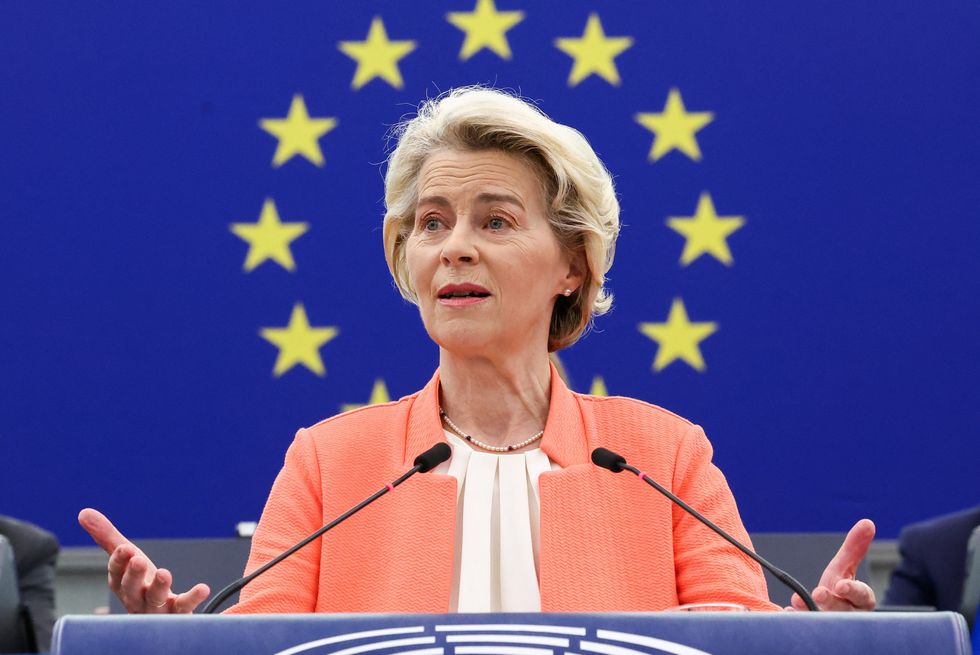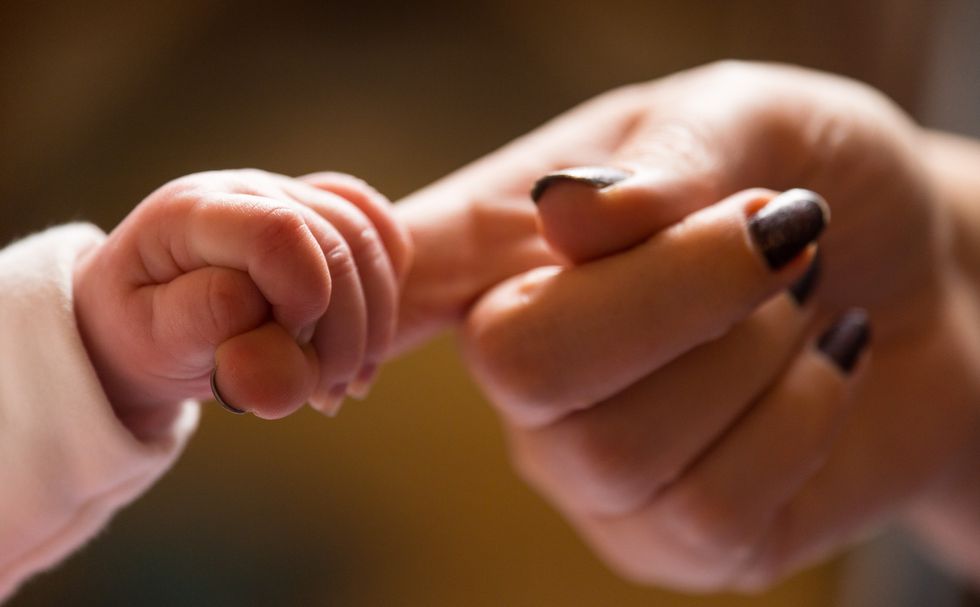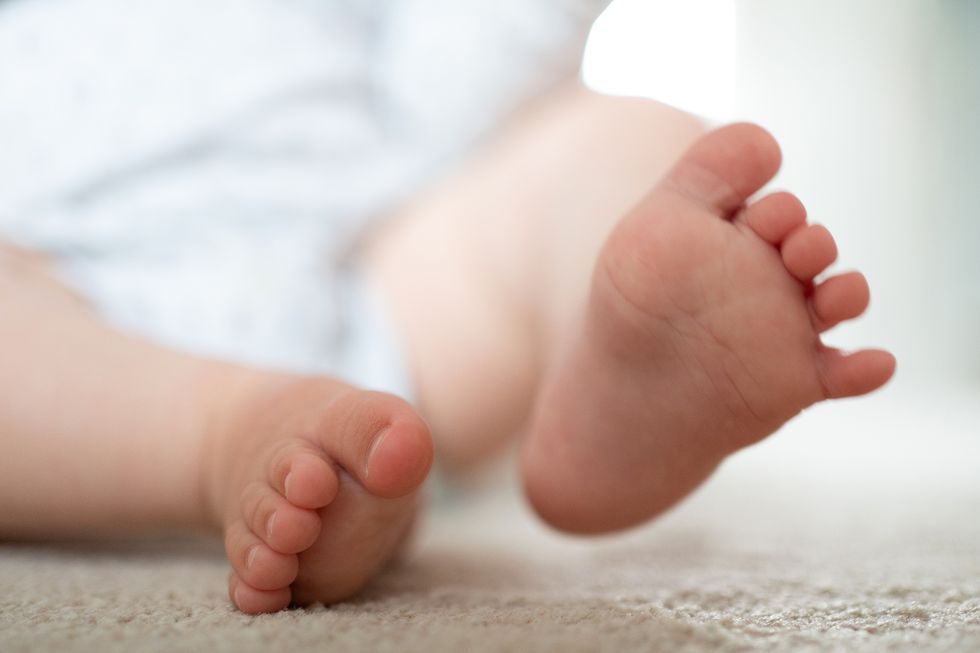EU birth rate falls to its lowest in over 60 years as Western world wrestles with record slump
The European Union has recorded its lowest number of births in over 60 years, with a dramatic 5.5 per cent decline from the previous year marking the largest annual drop on record.
Some 3,665,142 babies were born across the EU last year, with several eastern European nations experiencing the steepest falls.
Romania saw births plummet by 13.9 per cent, whilst Poland and the Czech Republic suffered declines of 10.7 and 10 per cent respectively.
Even the bloc’s wealthiest nations didn’t escape the demographic shift, with France recording a 6.6 per cent drop and Germany seeing births fall by 6.2 per cent.

The trend mirrors similar record-low fertility rates in England and Wales, China and the US.
Professor Melinda Mills from Oxford University attributes the decline to several key factors affecting women’s choices around parenthood.
“Women have got more education. They’ve entered into the labour market, and they find it hard to combine it with unpaid childcare. They often have to do a lot of childcare at home,” she explained.
The trend of delaying parenthood until the early to mid-30s is creating additional challenges.
MORE LIKE THIS:
- UK fertility rate disaster: England and Wales hit lowest level since records began as worst-hit area revealed
- UK to be reliant on immigration until the year 2100 due to falling birth rate in ‘staggering social change’
- Village has more PUPPETS than humans as young people leave to search for work elsewhere

“You are starting to have children when you are biologically less able to have children,” Mills noted. “You might be able to have one child but because you’re starting so late biologically, it’s really difficult to have more children. People are getting caught out on that where they’re just running out of time.”
While Norwegian demography professor Arnstein Aassve pointed to the rising financial burden of modern parenting as another key factor.
“When I was a kid, after school you were asked to go outside and play. Now parenthood is about a big investment and it’s costing a hell of a lot. And it is going to cost you money for about 20 to 25 years,” he said.
Young Europeans’ attitudes towards family size are also shifting significantly.

“When we ask people what would be your ideal family, parenthood is very important. But whether you have one, two or three children, that seems to be becoming a lot less important,” Aassve explained.
The demographic shift poses significant challenges for the EU’s labour market and public finances.
Germany already faces severe workforce pressures, with approximately 1.3 million unfilled positions.
Professor Andrew J Scott, an economist, highlighted the changing workforce dynamics: “In the EU, you’re already seeing it beginning to become a biting point. Over the last 10 years, the majority of employment growth has come from workers aged over 50.”
The pension system faces mounting pressure, with younger generations likely bearing the burden.
“Either you’re going to have less pension payments or you’re going to work longer, those are the two options,” said Professor Aassve, adding: “I suspect the baby boomers are just going to run away with the cake and then the burden is going to [fall] on that much smaller younger generation that’s coming up.”

